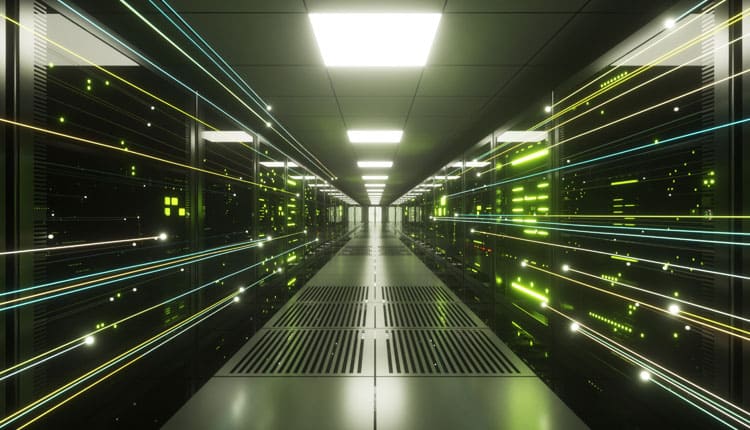
India, a global leader in technology and innovation, has been witnessing a significant surge in data consumption and digital transformation. With 5G technology as a catalyst, the country is poised to experience a revolutionary shift in connectivity and data management. With the growing demand for 5G and the need for faster data transfer, big private players are investing in data centres and the necessary infrastructure. These investments include fibre, small cells, and high-frequency spectrum, which will enable the delivery of data at an unprecedented speed. As a result, the 5G ecosystem is becoming more accessible to users, thanks to continuous innovation and technological advancements.
In parallel with the development of data centres, the management of these facilities has evolved to rely heavily on real-time communication. Data centre administrators now require access to instant messaging, video conferencing, and collaboration tools for efficient communication. This enables technicians and operators to work together seamlessly, respond promptly to issues, and oversee operations remotely. Real-time communication tools also allow data centre managers to monitor operations in real-time, identify potential problems, and coordinate maintenance and upgrades, thereby ensuring uninterrupted service. Therefore, as the demand for 5G continues to rise and data transfer becomes faster, the investment in data centres and the adoption of real-time communication tools contribute to an enhanced 5G ecosystem.
To fully leverage the potential of 5G technology, modern data centres require network flexibility, and this is where edge computing comes into play. By enabling high speed and low latency, edge computing is crucial in managing the vast amount of data generated by 5G, positioning it as the second most important technology after cloud computing in the realm of data centres.
The combination of 5G and cloud technologies will lead to a more distributed computing environment, with more processing being done at the edge of the network rather than in centralised data centres. Hence, in terms of residential environment, the integration of 5G and cloud will alter how a typical data centre function.
The introduction of 5G will have a significant impact on the overall growth of data centres in India due to several reasons and some of them are outlined below.
• Increase in data and high bandwidth capacity – As emerging technologies gain trust and adoption, several companies are expected to incorporate cloud computing and 5G into their IT infrastructure. With the increasing volume of data being generated at high speeds, there will be a significant demand for data centres to manage network traffic and provide large transmission capacity. As a result, data centres will play a crucial role in facilitating the effective use of these technologies in the coming years.
• Decrease in networking costs – With increased capacities and speed of 5G networks, there will be a radical diminishing in network costs and energy consumption. 5G networks require significantly lower amounts of electricity compared to previous network generations.
• Adoption of cloud technology – Cloud adoption is the most economical strategy for simple scalability for any enterprise. As on-premises data centres are being replaced by cloud data centres, cloud computing data centres are the best way to achieve business excellence.
• Increased data storage demands – 5G technology will lead to a massive increase in data volumes generated by various sources such as IoT devices, video streaming, and social media platforms. Data centres are essential to store and manage the vast amount of data. This demand will drive the growth of data centres in India.
With its projected speed that surpasses current networks by multiple folds, the 5G network holds the potential to drive a transformative shift across various industries. With its enhanced connectivity, reduced latency, and scalability, 5G will drive the need for expanded data centre infrastructure to handle the exponential growth in data consumption, edge computing, IoT devices, cloud computing, and digital services. As 5G technology gets integrated and makes its way into India, it is expected to unlock substantial economic advantages and open doors to a host of opportunities.

